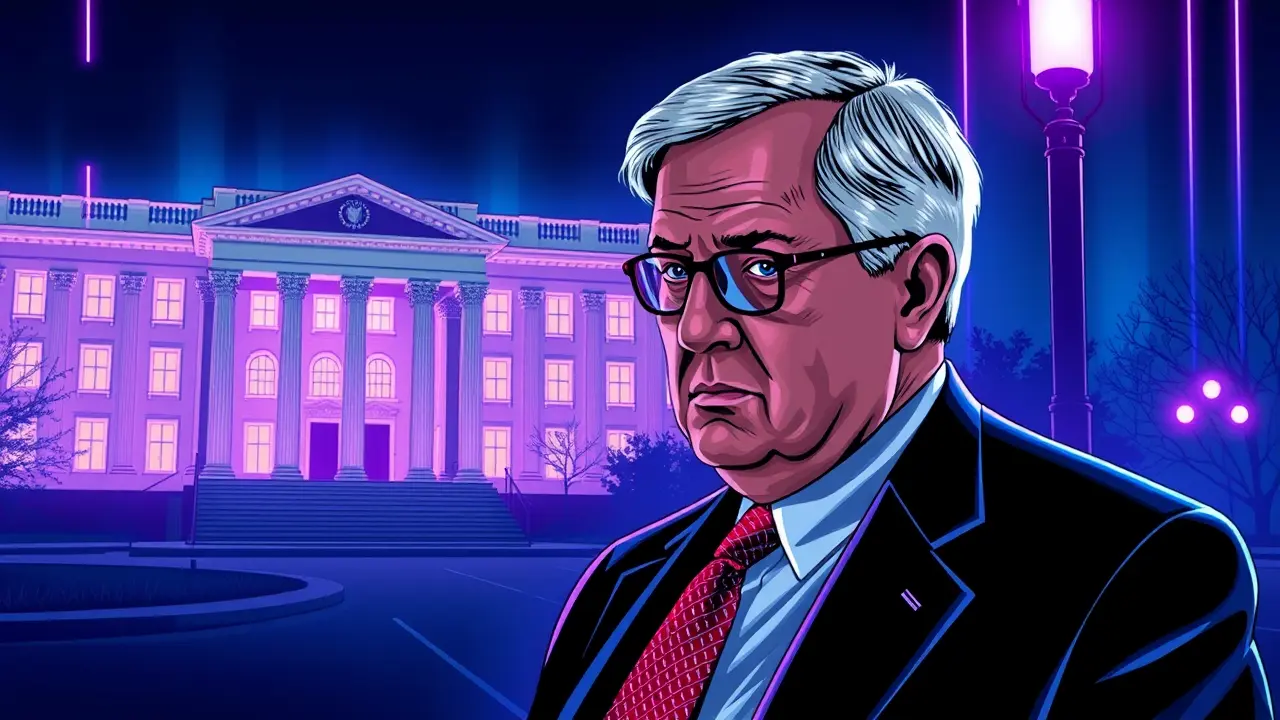Ex-Trump Adviser Bolton Surrenders in Classified Secrets Case
The federal courthouse in Greenbelt, Maryland, became the latest stage in the ongoing national drama surrounding the handling of America’s most sensitive secrets, as John Bolton, a figure whose career has been defined by the inner workings of power, arrived to surrender on charges that strike at the heart of national security protocol. The 18-count indictment alleges a stunning breach, accusing the former national security adviser to President Donald Trump not merely of storing top-secret records in his personal residence—a grave offense in itself—but of the more perplexing act of sharing diary-like notes containing classified information with relatives, a detail that suggests a casualness toward compartmentalization that is anathema to the intelligence community’s core tenets.This case against Bolton, a man who once stood at the pinnacle of foreign policy decision-making, cannot be viewed in a vacuum; it is the latest, and perhaps most intellectually complex, chapter in the Justice Department's protracted effort to enforce laws governing classified materials, an effort that has ensnared figures from both sides of the political aisle and has forced a public reckoning with the culture of secrecy that permeates Washington. Bolton’s persona as an uncompromising hawk, an architect of the 2003 Iraq invasion and a vocal proponent of aggressive American unilateralism, makes these charges particularly resonant, inviting a historical parallel to the downfall of figures like I.Lewis 'Scooter' Libby, another high-level official brought low not by the grand strategy of statecraft but by the procedural minutiae of truth and document handling. The legal path ahead is fraught with constitutional implications, likely to hinge on the interpretation of the Espionage Act and the Presidential Records Act, and will be scrutinized for any suggestion of selective prosecution, given Bolton’s transformation from insider to vehement Trump critic and author of a damning White House memoir.The potential consequences ripple far beyond the courtroom; a conviction would irrevocably tarnish the legacy of a central player in modern conservative foreign policy, while an acquittal could be wielded as evidence of a weaponized justice system, further eroding public trust in the institutions designed to protect the republic’s most vital assets. This is more than a legal proceeding; it is a stress test for the protocols that safeguard national defense and a stark reminder that in the annals of history, the fall of empires has often been preceded by the decay of their administrative integrity from within.
JA
Jamie Wilson123k2 days ago
smh another one? idk why they all think the rules don't apply to them tbh
0
